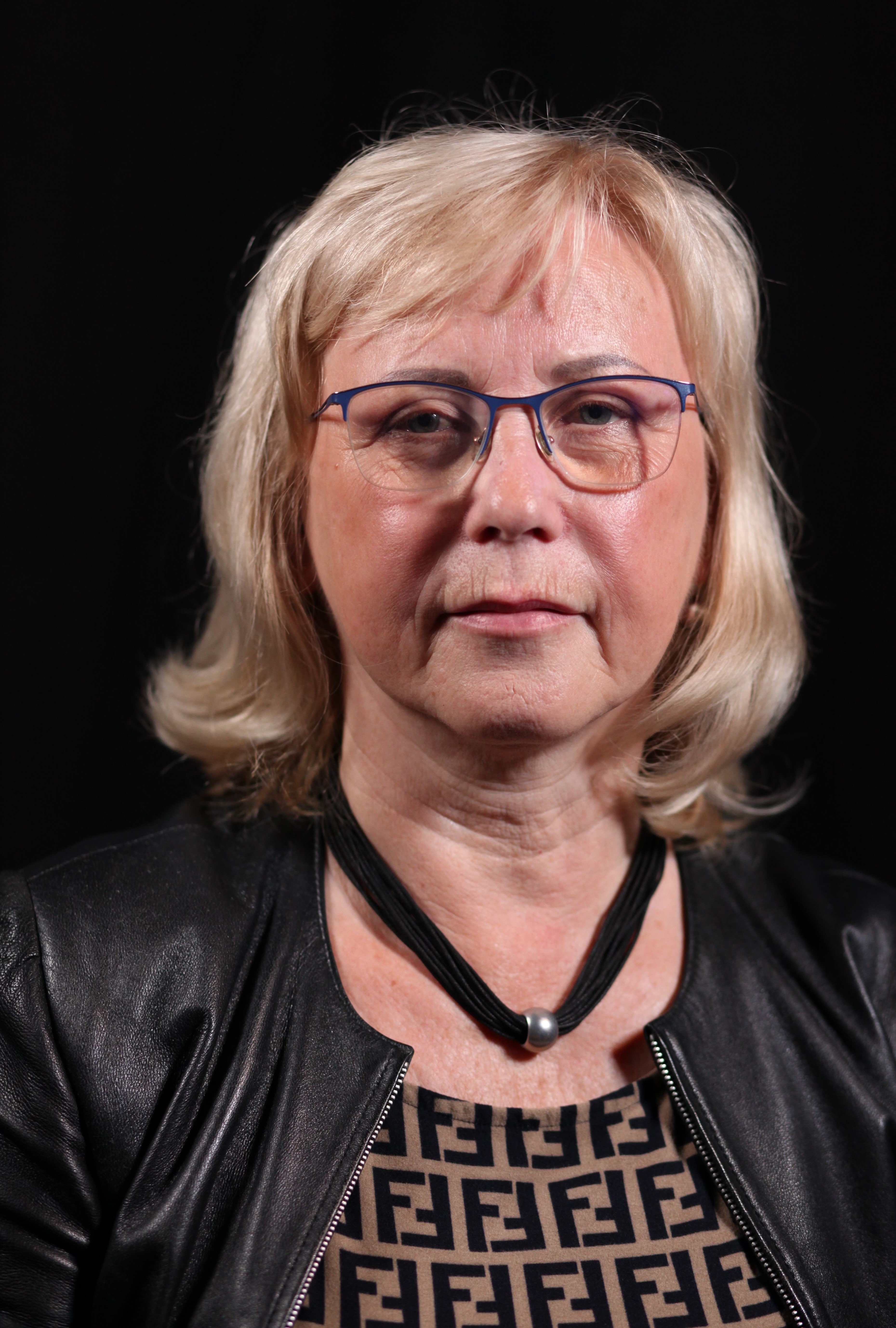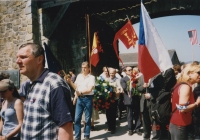Grandma didn’t know what happened to the rest of the family for years. In Ravensbrück she forbade herself to cry

Download image
Ivana Sládková, née Šindelková, was born on 2 June 1958 in Ivančice. Her grandparents Kamila and Emil Šindelka joined the anti-fascist resistance after the occupation of Czechoslovakia in 1939. Their son Ctirad (Ivana’s uncle) joined the Czechoslovak Legion under Ludvík Svoboda in Poland. Emil Šindelka served in the Defence of the Nation as commander of the Jihlava region and son Dalibor (Ivana’s uncle) was a liaison and relayed messages. During the autumn of 1941, most of the commanders of the resistance organisations were arrested. Kamila, Přemysl and Dalibor were interrogated at the Gestapo headquarters in Brno and later imprisoned in Kounice’s dormitories. In January 1942 Kamila was transported to Ravensbrück, Přemysl (Ivana’s father) to Mauthausen. Meanwhile, on 14 June 1942, Emil Šindelka was executed in the courtyard of the Kounice dormitories. Only his son Dalibor, who was also transported to Mauthausen in August 1942, knew about it. Kamila, Přemysl and Dalibor lived to see the liberation in May 1945, Kamila took part in the death march from Ravensbrück. The Šindelka family did not stay together for long. Ctirad emigrated with his family to Melbourne in 1948. In 1971, Přemysl Šindelka failed the party checks, lost his prestigious position at the military academy and was expelled from the Communist Party. Despite this, his daughter Ivana Sládková graduated from the Faculty of Civil Engineering at the Brno University of Technology in 1982. In the same year she married Roman Sládek, with whom she later raised two daughters. Ivana Sládková and her sister buried their father Přemysl, who died in 2017.




























